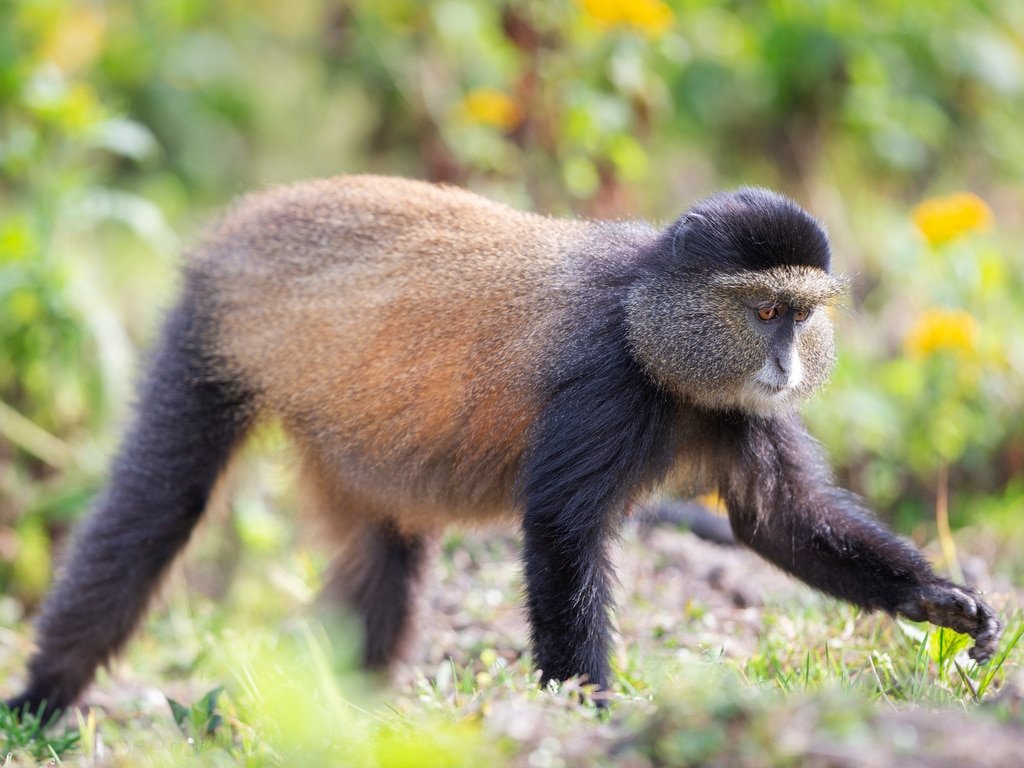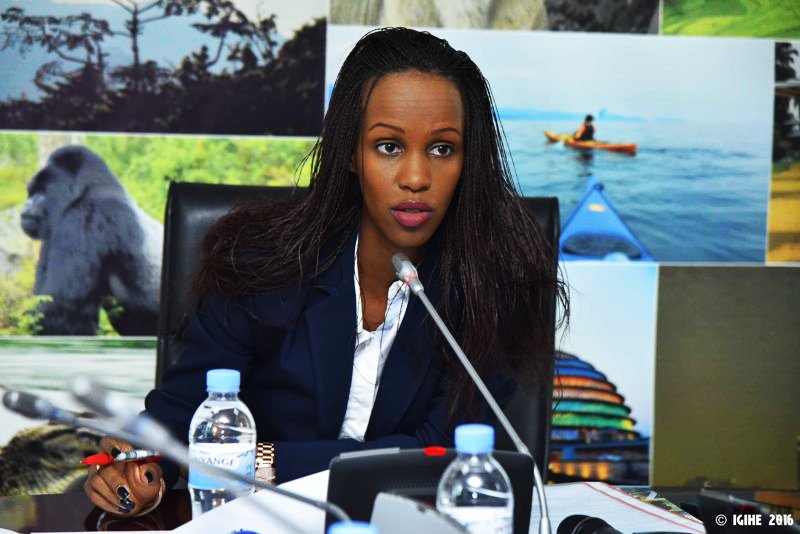Gishwati-Mukura Landscape designated UNESCO biosphere reserve

The Gishwati-Mukura landscape in Rwanda’s Western Province was today named among the World Network of Biosphere Reserves by the United Nations Educational, Scientific and Cultural Organization (UNESCO). The regionally significant biosphere reserve was named alongside 23 other reserves from around the world during a Session of the International Co-coordinating Council of the Man and Biosphere Programme held on Wednesday 28 October, 2020.
The Gishwati-Mukura landscape joins the Volcanoes Biosphere Reserve in north-west Rwanda, which was inducted into the network in 1983.
Biosphere reserves help to better understand and manage changes and interactions between social and ecological systems, as well as protect biodiversity. They also provide local solutions to global challenges and promote innovations in the conservation and sustainable use of biodiversity.
The designation will enable Rwanda to identify and assess the changes resulting from human and natural activities in the Gishwati-Mukura landscape. The country will also be better placed to understand the effects of these changes on people and the environment, especially in the context of the climate crisis and global biodiversity loss.
In 2016, Gishwati-Mukura National Park was gazetted as the country’s fourth national park and last year, the Rwanda Development Board took over its management. The park is made up of two separate forests – the larger Mukura and smaller Gishwati – which are located within the landscape. The forests sit on the ridge which divides the Congo and Nile water catchment areas, along the biodiverse Albertine Rift.
The rehabilitation of the Gishwati-Mukura landscape and the creation of the national park was made possible with the support of the Global Environment Facility and the World Bank through the Landscape Approach to Forest Restoration and Conservation (LAFREC) project implemented by the Rwanda Environment Management Authority. The five-year project rehabilitated Gishwati-Mukura using a landscape approach to bring the forest ecosystems into better management and realise a range of benefits for local communities.

Speaking on the UNESCO designation, Belise Kariza, Chief Tourism Officer, Rwanda Development Board said:
“As Rwanda’s newest national park, the Gishwati-Mukura landscape is incredibly beautiful and rich in unique and valuable biodiversity. Rwanda has been working to protect and restore the area by investing in nature based solutions and forest landscape restoration. I commend the efforts of all partners whose tireless work has led to the biosphere reserve status we celebrate today. Conservation not only preserves our natural heritage for future generations, but also plays an important role in fostering ecotourism as a pillar of economic development.”
The Rwanda Development Board is working on a multi-phased conservation and tourism management programme for Gishwati-Mukura focused on ecology and conservation initiatives including ranger presence, law enforcement, science, engagement with community cooperatives, human-wildlife conflict resolution, research, environmental monitoring and responsible tourism promotion. The programme is being developed in partnership with the local government and Imizi, a subsidiary of Wilderness Safaris.

